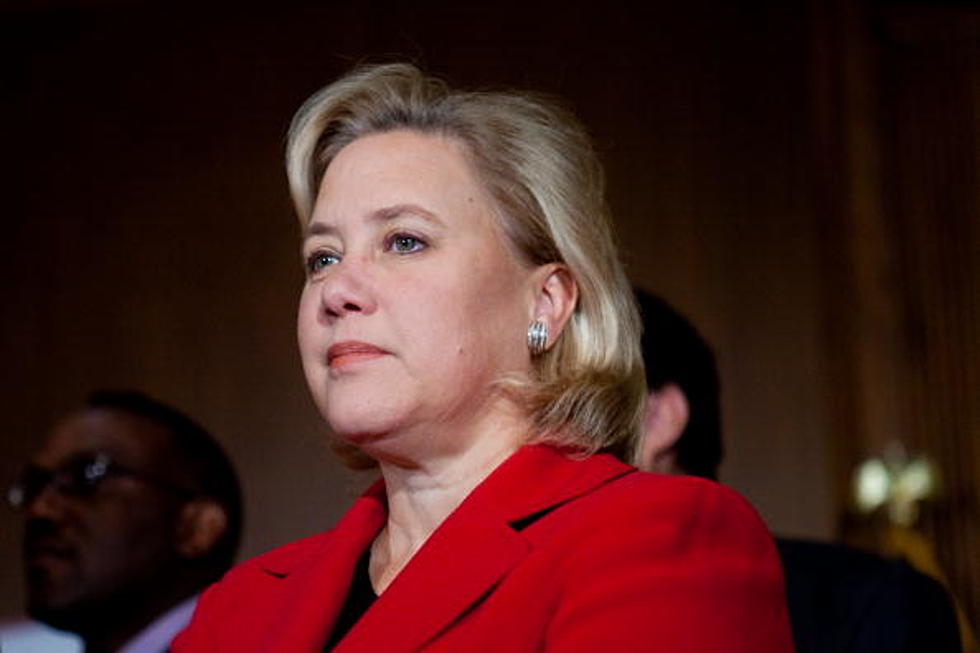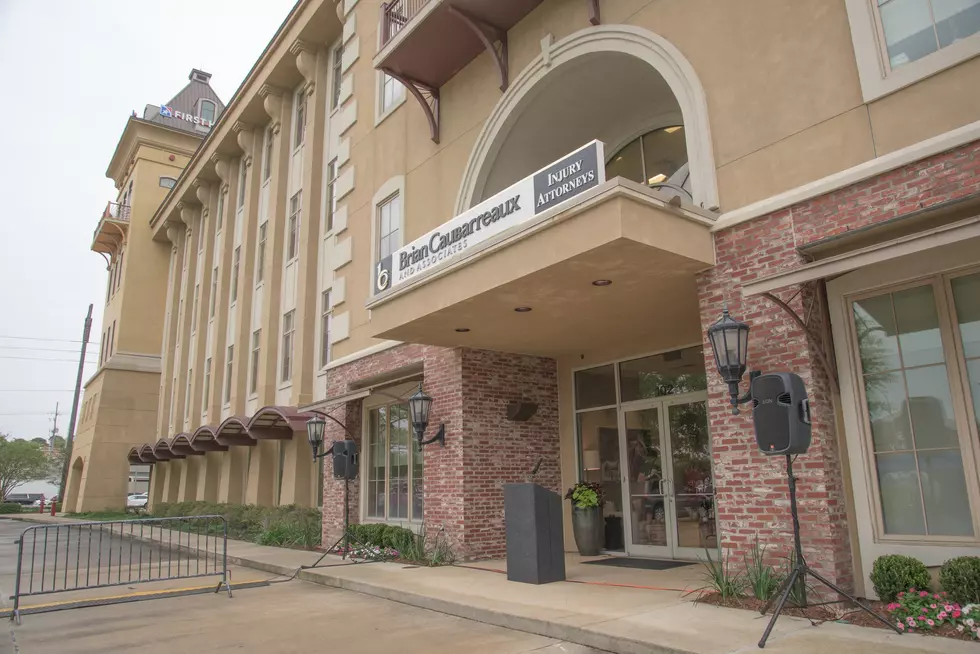
Landrieu, Alexander, Cochran Reintroduce Children In Disasters Bill
WASHINGTON – United States Senators Mary L. Landrieu, D-La., Lamar Alexander, R-Tenn., and Thad Cochran, R-Miss., today reintroduced legislation to address the unique needs of children before, during and after a disaster. The Child Safety, Care and Education Continuity Act is the culmination of work over the last two years, including a number hearings held by Sen. Landrieu, and incorporates recommendations made by a National Commission on Children and Disasters (NCDD) report released in 2009.
“As the mother of two, I know that children are the focal point of any family,” Sen. Landrieu said. “And in the aftermath of a traumatic event parents seek to ease our children’s concerns before we tend to our own. When children are forced from their homes into new schools, new child care centers, and new communities the transition can be tough, especially for younger children. Five years after Hurricanes Katrina and Rita, the process for helping children who are evacuated from their communities and whose schools are destroyed can still be a complicated and unnecessarily bureaucratic process. To accept our current system is to ignore the lessons of the past and to risk repeating the pain and anguish Gulf Coast residents suffered five years ago.”
“Though Congress reacted in record time to Hurricane Katrina, thousands of students were still forced to move into new states, towns and school districts, including 4,100 students temporarily relocated to Tennessee,” said Sen. Alexander. “This bill is an example of Congress doing something it doesn’t always do—learning from history and trying to get ahead of the curve, so that families and communities affected by major disasters will get the help they need return to life as usual, as quickly as possible.”
“This bill is written to establish minimum guidelines for meeting the needs of children and families in a disaster,” Sen. Cochran said. “The state of Mississippi is applying the lessons it learned following Hurricane Katrina to improve the care and services available to children and families in the aftermath of disasters. This legislation would support and build on those efforts.”
“When disaster strikes, the most vulnerable Americans are our kids, yet we’re not prepared to protect them,” said Mark Shriver, Senior Vice President, Save the Children’s U.S. Programs. “Senator Landrieu’s legislation will ensure that kids are better protected when disaster strikes and we are grateful for her determined leadership.”
LSU's Department of Psychiatry screened 12,000 children in schools during the 2005-06 school years. Their research found that 18 percent of the students had a family member who was killed in the hurricane, 49 percent of them met the threshold for a mental health referral. The Children's Health Fund found that 28percent of displaced children in Louisiana are still suffering from depression or anxiety and 33percent still exhibit behavioral problems.
In November 2005, Congress incorporated aid to the Gulf Coast into the Deficit Reduction Act, which was signed into law on February 8, 2006 - almost six months after Hurricanes Katrina and Rita. The programs sunset after one year, though his legislation introduced today will authorize some of those expired programs, as well as several new measures, to ensure that our nation has a framework in place to help children and families regain some normalcy in the event of a future catastrophic disaster.
The bill also:
o Provides tuition reimbursements to elementary and secondary schools that take in displaced students.
o Eases financial aid regulations on students attending Institutions of Higher Education that are unable to operate after a disaster.
o Provides mental health counseling for pre-K students through Head Start Agencies.
o Requires that HHS and states work together to develop Disaster Guidance for Medicaid and Child Health Insurance Program (CHIP) providers to ensure that displaced children have access to medical care.
o Increases access to child care services for disaster-affected families through the Child Care and Development Block Grant program.
o Requires child care centers that receive federal funding through that program to develop emergency plans for evacuation, reunification, special needs and temporary operating standards.
More From News Talk 96.5 KPEL








